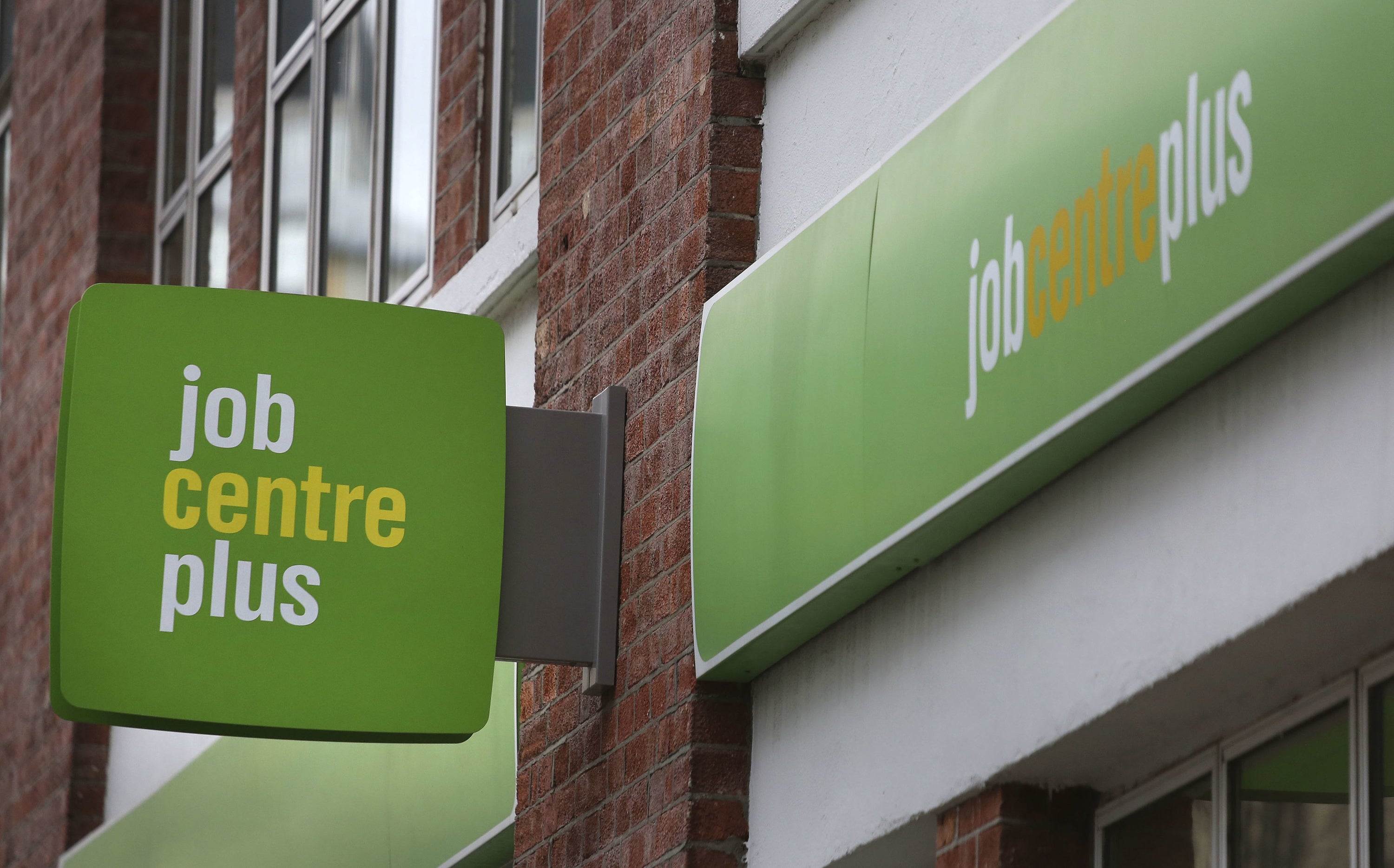UK workers take a pay cut as inflation outpaces wage rises, official figures show
Average pay growth hits 4.3% but fails to keep up with soaring cost of living

Your support helps us to tell the story
From reproductive rights to climate change to Big Tech, The Independent is on the ground when the story is developing. Whether it's investigating the financials of Elon Musk's pro-Trump PAC or producing our latest documentary, 'The A Word', which shines a light on the American women fighting for reproductive rights, we know how important it is to parse out the facts from the messaging.
At such a critical moment in US history, we need reporters on the ground. Your donation allows us to keep sending journalists to speak to both sides of the story.
The Independent is trusted by Americans across the entire political spectrum. And unlike many other quality news outlets, we choose not to lock Americans out of our reporting and analysis with paywalls. We believe quality journalism should be available to everyone, paid for by those who can afford it.
Your support makes all the difference.UK workers took a pay cut in the final three months of last year as the soaring cost of living outstripped wage increases, official figures show.
Latest data from the Office for National Statistics made grim reading for British households, who face the biggest squeeze on living standards in decades.
Total pay growth rose to 4.3 per cent for the quarter to December – from 4.2 per cent for the three months to November – but continued to lag behind inflation, which surged to a near 30-year high of 5.4 per cent in December, propelled by huge increases in energy and fuel costs.
Economists expect inflation to spike further to around 7 per cent by April when millions of households will be hit with a 54 per cent jump in their energy bills. Borrowers face a further squeeze after the Bank of England raised interest rates this month, with further hikes predicted.
Some of the pain is likely to be cancelled out by rising wages, with early estimates indicating employers were beginning to increase salaries in response to rising inflation.
Workers’ bargaining power is being boosted by staff shortages in a number of industries. Total vacancies rose to another record of 1.3 million between November and January, the ONS said.
“The good news is that the UK economy is continuing to create jobs,” said Matthew Percival, director for people and skills at the CBI.
“The bad news is that businesses are struggling to hire and pay is failing to keep up with inflation.”
The total number of people in work dipped by 38,000 in the latest quarter, although the number of payrolled employees rose by 108,0000 to 29.5 million.
The unemployment rate remains low at 4.1 per cent which is only fractionally above the pre-pandemic level. However, there are around half a million fewer people in work than there were before the pandemic, due to a large decline in the number of self-employed workers
Officially, unemployment only refers to people who are out of work and actively seeking a job. It does not include people who are “economically inactive” – those who aren’t working and are not looking.
The proportion of economically inactive people rose slightly to 21.2 per cent.
Chancellor of the exchequer Rishi Sunak said: “Our £40bn economic plan has protected our jobs market through the pandemic and it is now healthier than most could have hoped for.
“Payrolled employee numbers are at a record high and redundancies are at an all-time low thanks to our plan for jobs.
“We're continuing to help more people into work and are providing support for the cost of living worth over £20bn across this financial year and next.”
Sam Beckett, head of economic statistics at the ONS, said: “The number of employees on payrolls rose again in January 2022 and is now well above pre-pandemic levels.
“However, our Labour Force Survey shows the number of people in employment overall is well below where it was before Covid-19 hit.
“This is because there are now far fewer self-employed people.
“The survey also shows that unemployment has fallen again and is now only fractionally above where it was before the pandemic.”
Pat McFadden, Labour’s shadow chief secretary to the Treasury, added: “These figures confirm working people still face a fragile recovery in the face of a growing cost of living crisis and spiralling inflation.
“Twelve years of the Conservatives’ record means working people today will not only be paying more in tax under the Conservatives but face heating bills rocketing, prices rising and falling real wages.”
Join our commenting forum
Join thought-provoking conversations, follow other Independent readers and see their replies
Comments